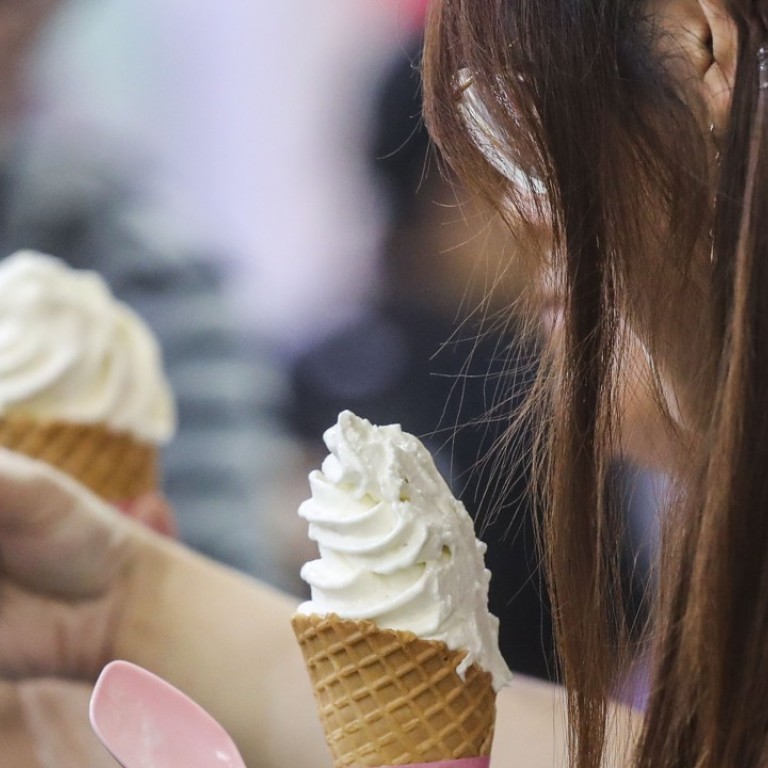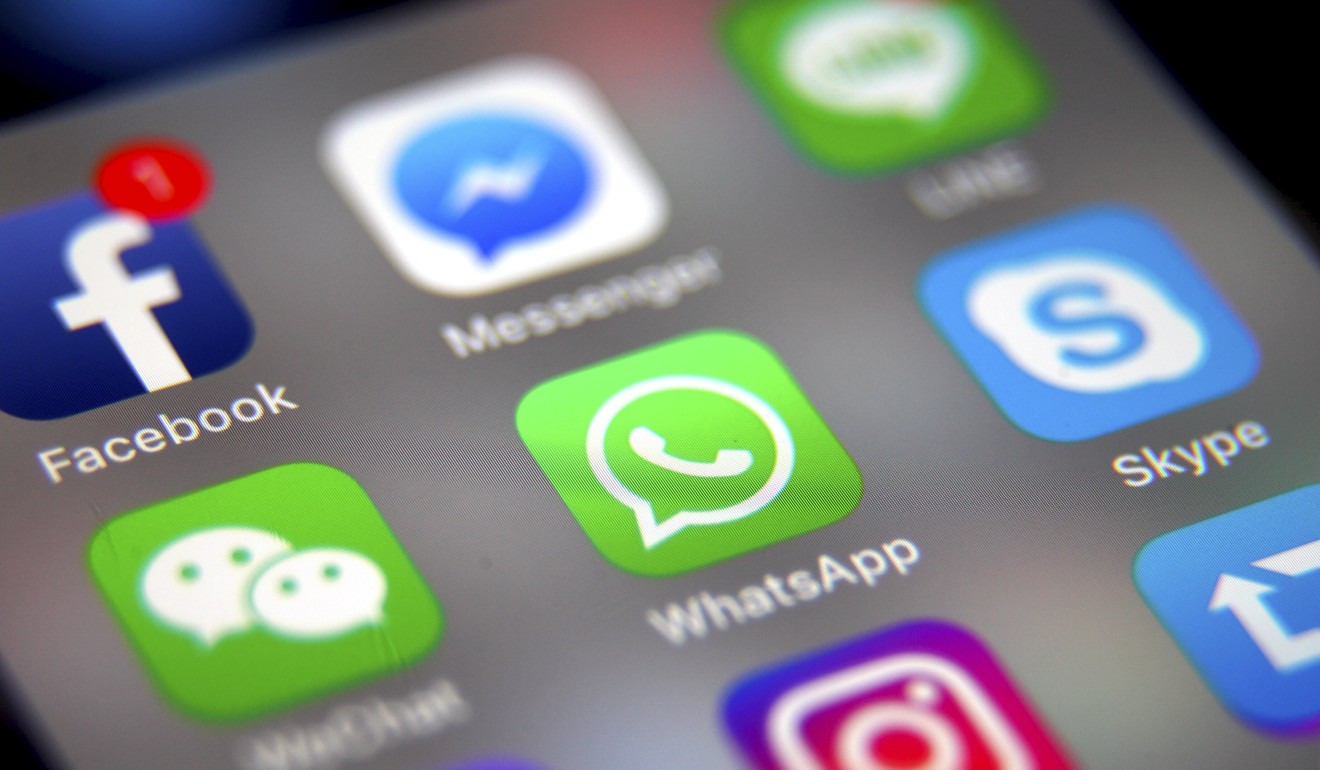
Social media is making women ‘beauty sick’ over body image: this has to stop
It is natural that people would love beautiful things, and want to look good. Yet, the obsession with physical appearances can often lead to “beauty sickness”. The article notes how, in seeking to be beautiful and perfect, women are more likely to feel dissatisfied with their bodies due to the influence of friends and social media rather than health concerns, especially in our media-saturated culture.
In following and chasing celebrities as a life goal, we might have allowed advertising and the media to dictate our lifestyles instead of living on our own terms. Looking at models on social media can make girls insecure and subject them to body-shaming. Though this may work as a motivation for them to get fitter, this quest for the so-called perfect body and the constant comparison with online images only bring frustration and self-loathing. Then comes the tendency to alter social media pictures to fit that image of perfection.

One in four youngsters 'would share sexy photos online to be popular'
Beauty sickness is a worldwide problem, and even children are not immune. I read about an image-aware five-year-old girl who refused to wear a puffy coat because it made her “look fat”.
Renee Engeln, the author of the book Beauty Sick: How the Cultural Obsession with Appearance Hurts Girls and Women, highlights how, on average, a woman owns 40 cosmetic products and spends about 55 minutes getting ready each day. In other words, women sacrifice time and resources that could probably be spent on achieving goals in education, a career, family or hobbies.
Lastly, beauty sickness can lead to eating disorders, depression and the desire to go under the knife.
Instead of pleasing the eyes of others, we should learn to appreciate ourselves, in areas other than physical appearance, like our intellect, compassion, or athletic abilities. At the same time, we should also learn to value others not for their appearance, but for the person they are.
Melody Chan, Tseung Kwan O

